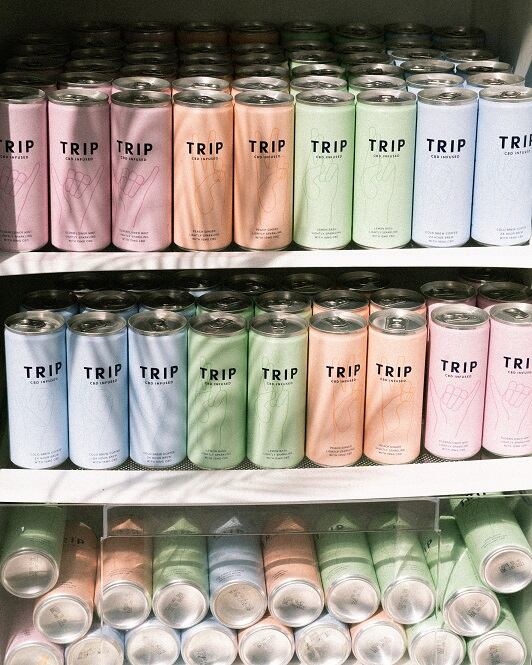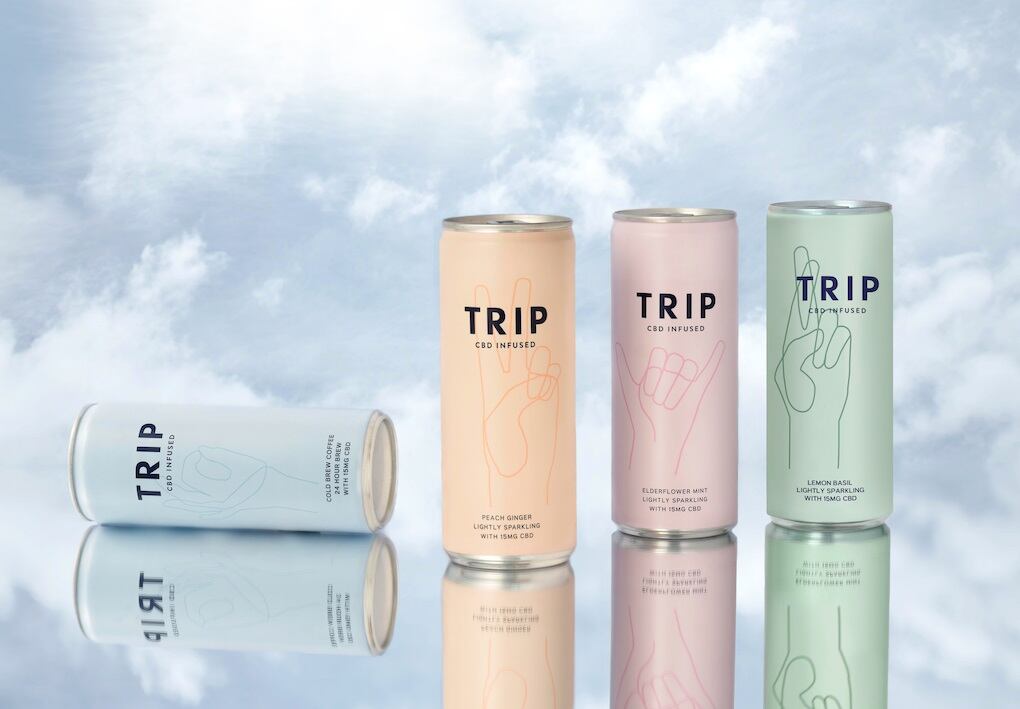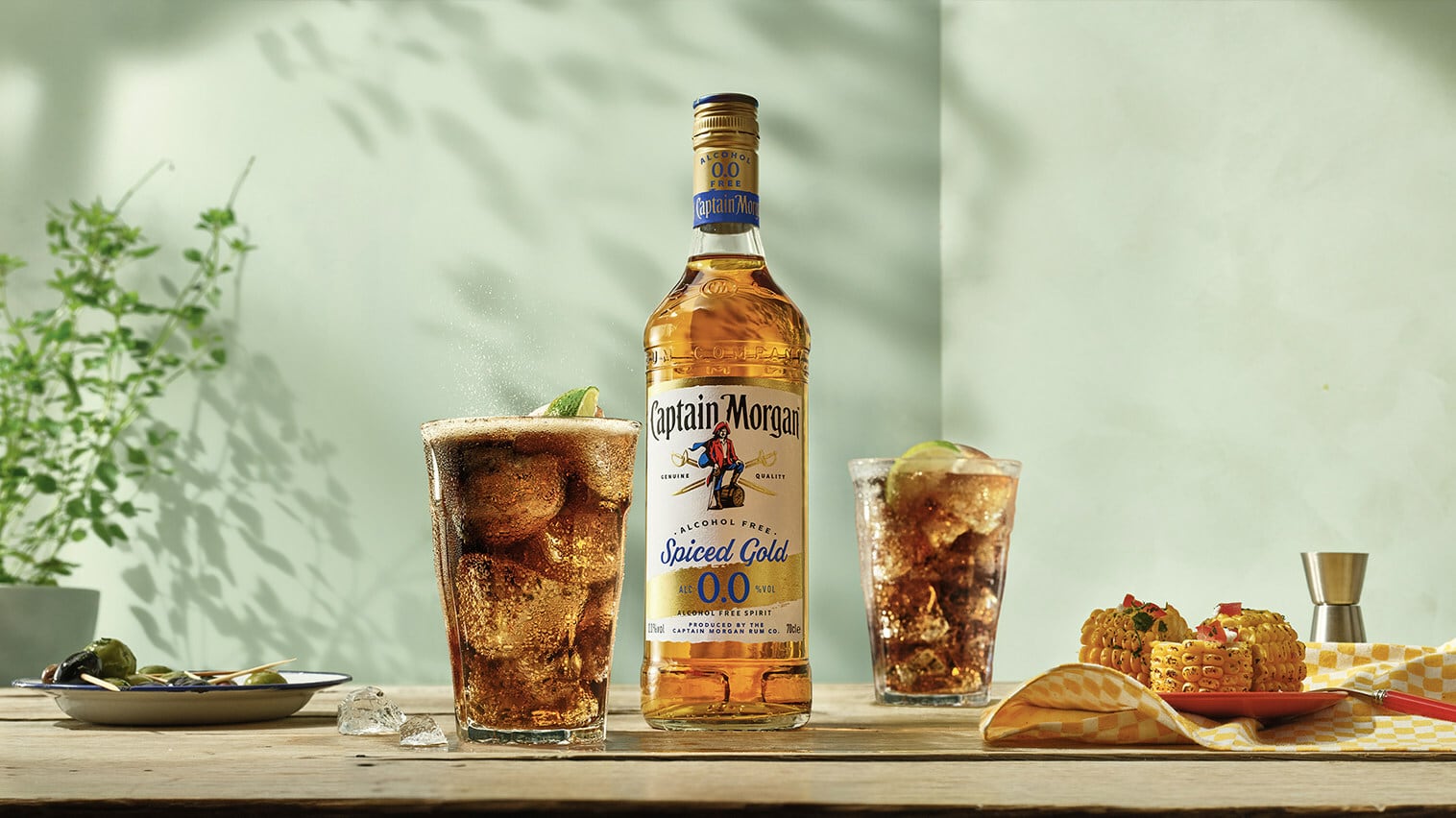In a bombshell announcement on October 12, the FSA slashed its guidance on daily CBD intake from food from 70mg to 10mg. The CBD drinks market is particularly affected: with most drinks on the market containing at least 12.5mg per can.
But the UK's top CBD brand TRIP - which boasts an 88% share of the UK CBD drinks market - says sales over the last week have been its strongest ever.
So are brands likely to reformulate or sit tight? Will consumer demand stay consistent, or will retailers lose faith in the category? It's been 11 days of ups and downs since the FDA's announcement: we take a look at how the UK drinks market is responding.
What did the FSA say, exactly?
The UK's CBD market has been built up around the FSA's previous guidance of a limit of 70mg CBD from food per day: with experts at The Canna Consultants estimating that more than 90% of CBD drinks on the UK market contain more than 10mg per serving.
Responding to the FSA's announcement on October 12, The Canna Consultant called it a ‘dagger-blow’ to the industry. While the FSA has promised to keep the recommended daily limit under review, the consultants said they did not anticipate any swift reversals and advised the industry to ‘accept that this will be the applicable figure for years to come’.
It's important to note that the FSA is not banning products with more than 10mg CBD; but it’s advising consumers against their consumption.
The main point of contention among CBD brands - both drinks and otherwise - is that the FSA appears to have based its guidance on lower-quality CBD.
TRIP emphasises that the CBD used in its drinks (which come in at 15mg CBD) was not used in the FSA's analysis.
“Not all CBD is created equal," explains the brand. "The FSA updated recommended daily guideline of 10mg CBD dosage is based on a study of 3 lower grade ingredient samples, which does not include TRIP’s CBD.
"Independent third party studies conducted on TRIP’s source of CBD reviewed by the FSA, generates a safety limit of 105mg (equivalent to seven cans per day). This demonstrates the materially different level of purity in TRIP’s products."
Eoin Keenan, co-founder and CEO for the CBD brand Goodrays (CBD drinks with 25-30mg CBD per can), says it has now fallen on the industry to explain the difference in different grades of CBD. "It’s imperative to recognise that not all CBD is created the same and the guidance is not based on our products or those of many other market leaders.
"We work with the market-leading CBD supplier who has a recommended daily intake of 70mg per day, which is over 2 cans per day, and we’re sure that the guidance will soon take this research into account. As an industry, we need to get to a place where that quality and safety is recognised and we’re not being led by the worst-quality applications."
International comparisons
What is particularly interesting is the FSA's guidance differs enormously to other markets.
Dr Julie Moltke, MD Medical CBD Practitioner and researcher, offers a comparison of the FSA's guidance to that of other regulatory bodies.
"It can be useful to compare to the daily guideline in other countries that have legalised CBD for many years - in Canada the daily upper guideline is for 200 mg/day and in the Netherlands it is 160 mg/day," she said. "It is also worth noting that in the UK the NHS upper prescription guideline for Epidiolex, a synthetic CBD given to children and adults with epilepsy, is 1750mg/day for a 70kg person.”
What do consumers think?
CBD brands are convinced their science is sound. The real fear, however, is how consumers will react.
TRIP has come out fighting on this point, announcing on Friday that the last week had seen its best sales ever and "showing consumer confidence in superior quality CBD."
This data - sourced from Nielsen Retail - covers the w/e October 15 (the FSA announcement was on October 12) and only offers a short-term snapshot.
But the brand has a right to feel confident about consumer demand: founded in 2019, it has grown at a compound annual growth rate of +263% over the last three years. It became the fastest growing soft drink brand in the UK earlier this year: and says its CBD drinks now contribute more to value growth of the Soft Drinks category than kombucha, coconut water, natural energy or shots.
“Following Mental Health Awareness Day (10th October) and after the FSA announcement TRIP had its best sales week ever with Britons continuing to choose TRIP CBD products to support their everyday wellbeing - having seen the benefits first hand over the past few years," said the brand, announcing its latest sales figures on Friday.
"TRIP are passionate about bringing the health benefits of CBD into the mainstream and destigmatising conversations around mental wellbeing, TRIP has always advocated for regulation of the industry and championed best in class compliance, supporting the FSA’s work for consumer food safety."
Surely it's better to reformulate to be on the safe side?
The FSA's advice on what CBD brands should do in light of the new guidance remains vague. “Some products available will have a higher dose of CBD per serving than 10mg a day, therefore consumers should check labels and consider their daily intake in light of this updated advice,” it says.
The obvious answer for brands is to reformulate: but even that poses problems. The UK’s approach to CBD has been to green-light acceptable products individually - via an application that includes toxicity data - with products that are going through the process available via a public list.
The Canna Consultants understands that a reformulated product would be considered a new product and thus subject to creating a new application.
That, argues the consultancy, leaves brands in a very tricky place.
“We are urgently calling upon the FSA to provide a published policy that will allow those with products on the Public List to maintain that listing whilst producing a 10mg single-consumption unit compliant product without fear of action from enforcement (on the basis that all other aspects of the product remain unaltered).”
Are retailers spooked?
And yet brands may not have much control over the situation anyway - it could be retailers that force the question.

Last week, it looked like the death knell for the CBD drinks industry was indeed going to come from retailers. Indeed, UK high street health food chain Holland & Barrett reacted swiftly: temporarily removing 31 products over 10mg the day after the FSA’s announcement.
But it's now announced that the temporary removal was just that: it confirmed to us this morning that it has reinstated the 31 products, dramatically changing the picture.
It has added new guidance into stores and to product descriptions online, with links to the FSA’s consumer advice, and updated training available for staff, 'to make sure that our customers can make an informed decision should they choose a product that contains a dose higher than 10mg a day'.
It adds that it is committed to working with the FSA and wider industry to share safety data as the FSA continues to develop its thinking on the topic.
A Holland & Barrett spokesperson said: “As a responsible retailer we always act with our customers’ best interests at heart, which is why we temporarily removed some products from sale while our science, legal and independent advisors assessed the new guidance from the FSA.
"We wanted to make sure we could help customers make an informed choice on what dosage and for how long they take CBD for. In line with the FSA's direction, we have now developed advisory guidance, training for colleagues, online advice and information at shelf edge, meaning that customers can access the information they need when choosing which strength is right for them.
"We are committed to working with the FSA and the wider industry for the benefit of our customers as the CBD market continues to develop.
"We would like to thank our suppliers for their support while we completed this review.”
TRIP takes this as a very good sign. Its products are distributed in 25,000 stores - including nationwide supermarkets Sainsbury's, Waitrose and ASDA - and says all its products are on shelves this week.
"While the FSA and Trading Standards confirmed publicly that there are no changes required to listings, product formulas, labelling or packaging; Holland & Barrett were the only retailer to temporarily put some TRIP beverage products on hold, this has now been lifted and all CBD products are available again."




